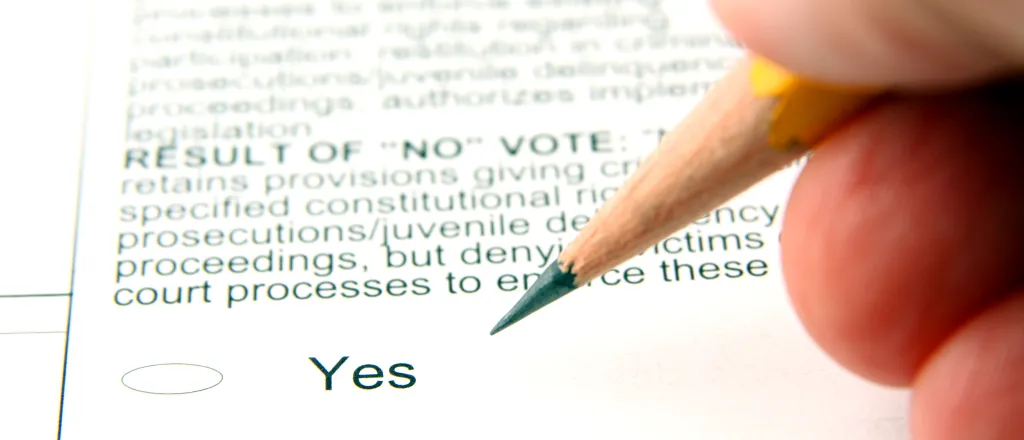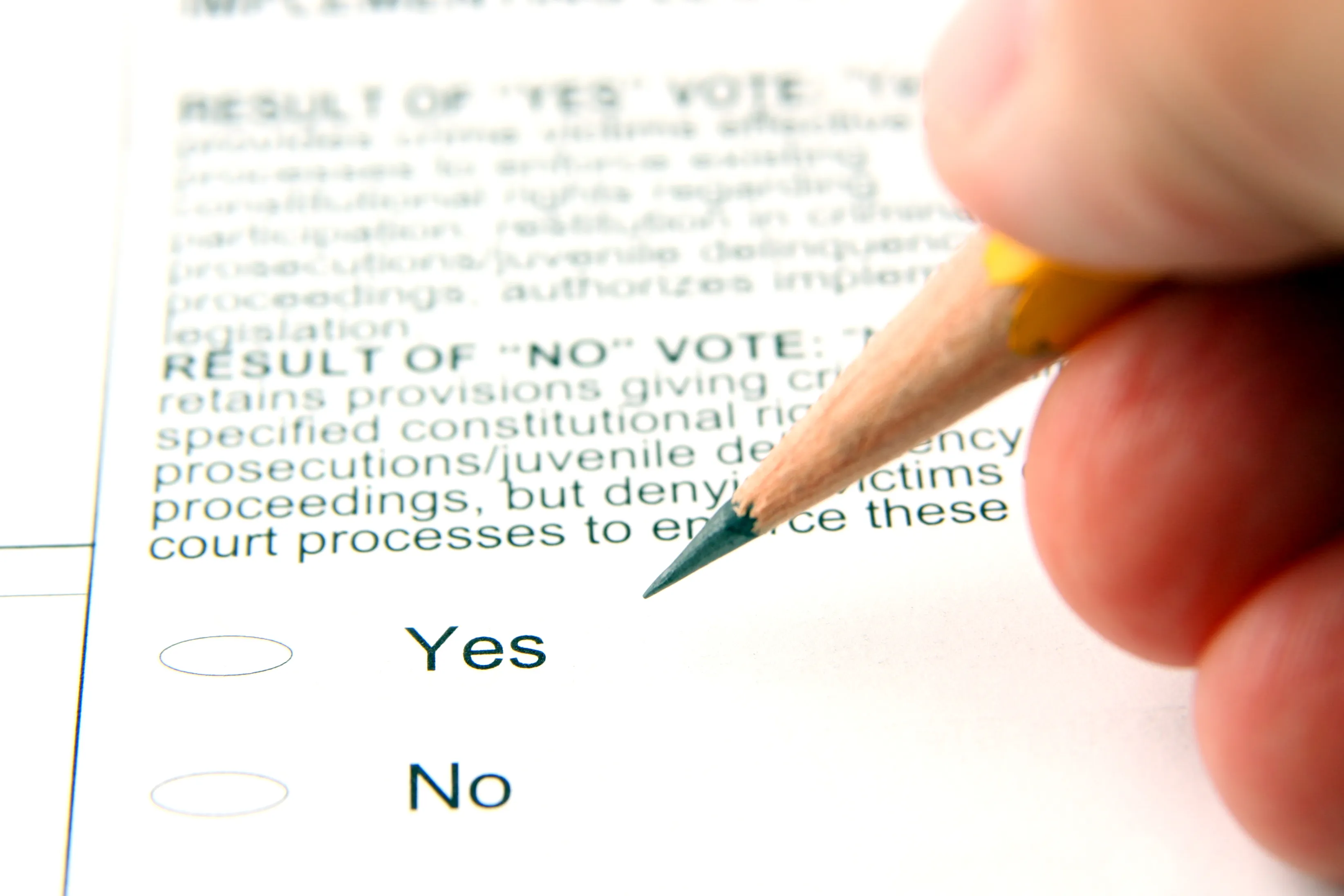
Nevada's Question 7 could enact ID requirements to vote
© Svanblar iStock-146069215
Click play to listen to this article.
(Nevada News Service) A coalition of voting rights advocates in Nevada is voicing its opposition to Question 7 on this year's ballot, which would require Nevadans to present a government-issued photo ID before voting in person.
If passed, it would also require voters using mail-in ballots to list the last four digits of their driver's license or Social Security number, or a county clerk registered number. Supporters said it will help restore Nevadans' faith in the electoral process.

Athar Haseebullah, executive director of the ACLU of Nevada, countered elections are already safe, secure and fair, and thinks Question 7 is trying to solve a problem that doesn't exist.
"Stringent voter ID requirements nationwide have created a greater risk of voter suppression than they have of potentially addressing voter fraud, which is nonexistent," Haseebullah contended.
The Brennan Center for Justice found most reported incidents of voter fraud are "traceable to other sources, such as clerical errors." Proponents argued it is about ensuring only eligible individuals vote. If it passes in November, Question 7 would be placed on the 2026 General Election ballot for a final vote.
Kerry Durmick, Nevada state director for the group All Voting is Local Action, pointed out Nevada already has an efficient election system and there are already ID requirements in the voter registration process. Durmick called Question 7 a "modern-day poll tax."
"Obtaining an ID can actually cost a voter up to $100, through child care costs, transportation costs and ID costs," Durmick outlined. "The state would have to spend millions of dollars to avoid a modern-day poll tax."
In 2022, neighboring Arizona rejected a ballot measure, which would have required voters to include information like birth date and voter identification numbers when voting by mail. Critics of the proposal said it would have limited the ability of those who do not have a state, tribal or federal government-issued ID to present documents, like utility bills, to vote.














